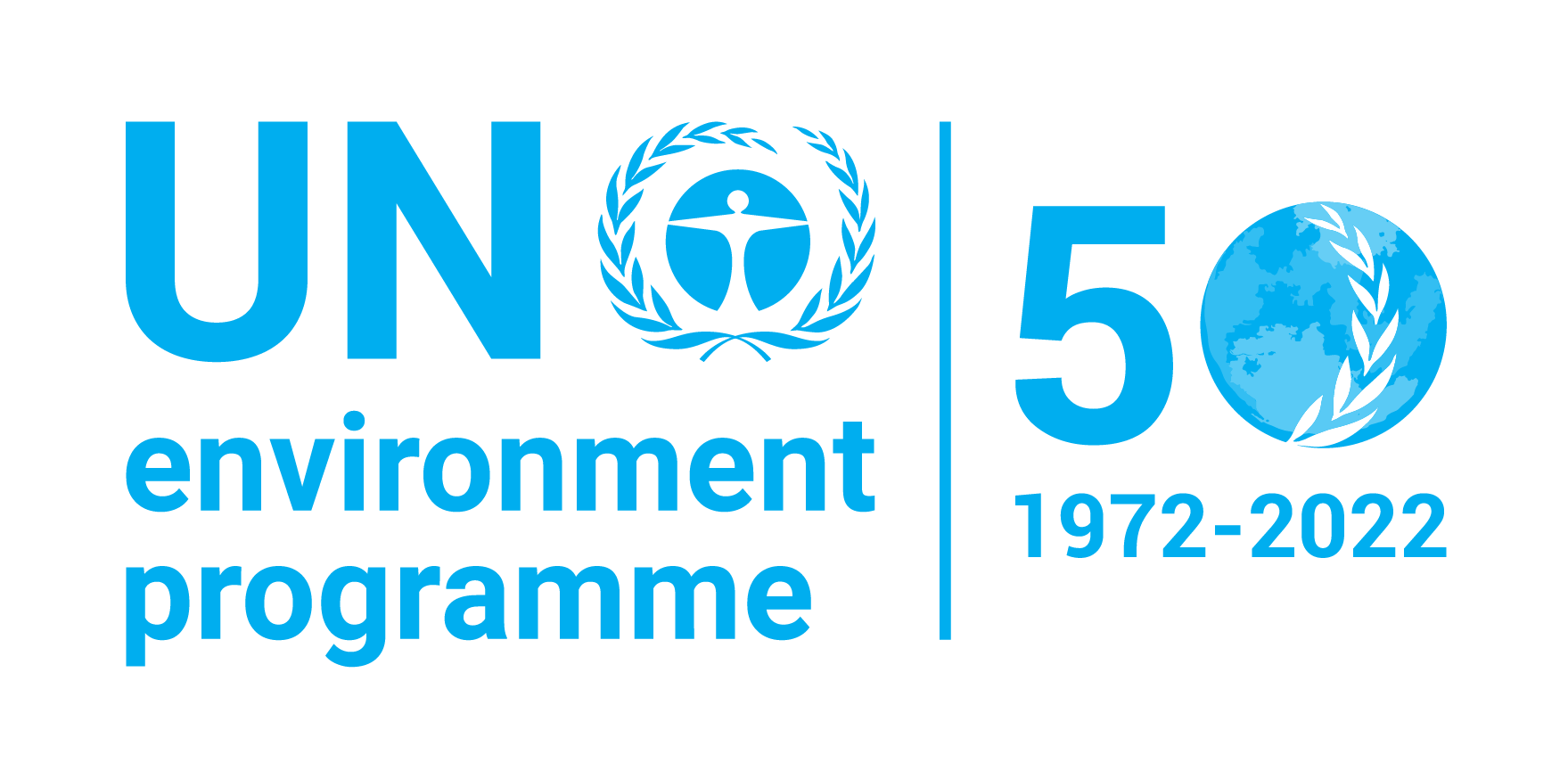| dc.contributor | Law Division | en_US |
| dc.contributor.author | United Nations Environment Programme | en_US |
| dc.coverage.spatial | Global | en_US |
| dc.date.accessioned | 2019-05-22T15:50:12Z | |
| dc.date.available | 2019-05-22T15:50:12Z | |
| dc.date.issued | 2016 | |
| dc.identifier.uri | http://hdl.handle.net/20.500.11822/28364 | |
| dc.description | Certification is the means by which a person (or enterprise), as a result of training, education, external review and assessment, receives official approval of being able to competently complete a job or task. Certification can be a legal requirement or a measure undertaken voluntarily for professional advantage. Certification schemes which are mandatory by legislation have the advantage of providing a strong incentive for technicians and enterprises to comply. Certification does not refer to the state of legally being able to practice or work in a profession. That is normally achieved by a licensing. Usually, licences are administered by a governmental entity primarily for public protection purposes and professional associations administer certification schemes. Licencing and certification are similar in that they both require the demonstration of a certain level of knowledge or ability. | en_US |
| dc.format | Text | en_US |
| dc.language | English | en_US |
| dc.language | French | en_US |
| dc.language | Spanish | en_US |
| dc.relation.ispartof | OzonAction | en_US |
| dc.rights | Public | en_US |
| dc.subject | OZONE-DEPLETING SUBSTANCES | en_US |
| dc.subject | REFRIGERATION | en_US |
| dc.title | Certification of Refrigeration and Air Conditioning Service Technicians | en_US |
| dc.title.alternative | La Certification des techniciens de maintenance en froid et climatisation | en_US |
| dc.title.alternative | Certificación de Técnicos de Servicio de Refrigerantes y Aires Acondicionados | en_US |
| dc.type | Factsheets | en_US |
| wd.identifier.sdg | SDG 13 - Climate Action | en_US |
| wd.tags | Ozone | en_US |
| wd.topics | Environmental governance | en_US |
| wd.identifier.pagesnumber | 4 p. | en_US |




